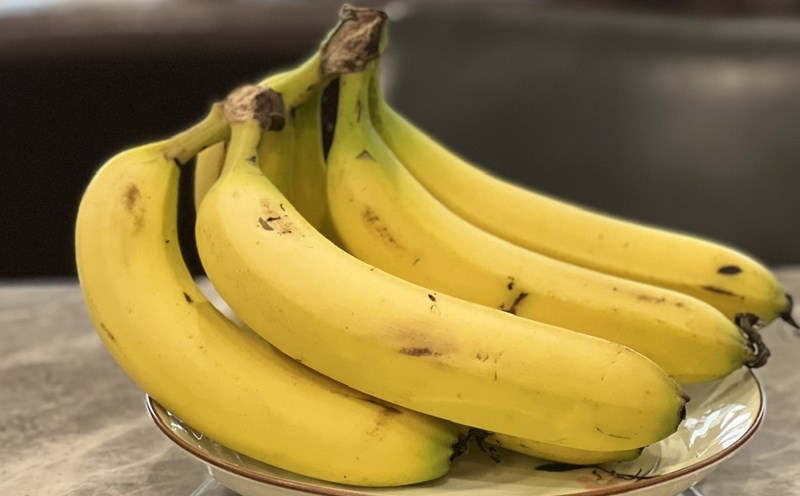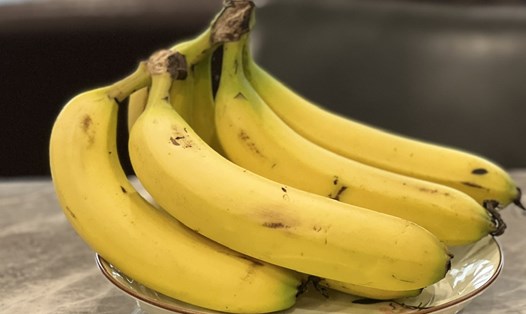The potassium requirement for healthy people is 2,000 mg/day. If you want to prevent chronic diseases, you should consume 3,600 mg/day.
Fresh vegetables
The potassium content in vegetables is usually around 100-400 mg/100 grams. The potassium content in soybeans is 478 mg/100 grams, peas is 332 mg/100 grams.
Dark green leafy vegetables such as spinach, kale, amaranth, water spinach, lettuce... potassium content is about 300 mg/100 grams.
Light-colored vegetables such as bamboo shoots, tubers, lotus root... have a potassium content of up to 300 mg/100 grams.
Milk
100 ml of milk contains 180 mg of potassium. The potassium content in yogurt is 150 mg/100 grams.
Whole grains
Whole grains such as oats, barley, quinoa and buckwheat are also high in potassium, all of which are over 300 mg/100 grams.
Potatoes
Potatoes are also rich in potassium. Of which, the potassium content in potatoes and housewarms exceeds 300 mg/100 grams, while in fatty potatoes is about 200 mg/100 grams.
Meat and egg
The potassium content in chicken breast is up to 333 mg/100 grams, and the potassium content in lean pork, beef and Lamb can reach 200-300 mg/100 grams. The average potassium content in eggs is 150 mg/100 grams.











